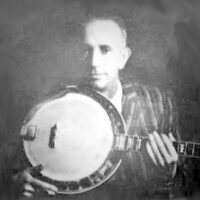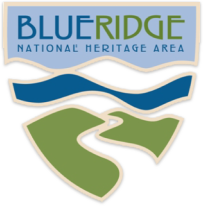
Obray Ramsey
Obray Ramsey was an outstanding instrumentalist and singer from Madison County, remembered with respect by old-time music enthusiasts worldwide. He was unusual among old-time musicians, however, in that he became even more widely known during his lifetime in the larger pop music world than within traditional music circles. Possessed of an idiosyncratic two-finger banjo style, and a distinctively expressive tenor voice, he was a songster in the tradition of Kentuckian Emry Arthur and Virginian Dock Boggs, both recording artists during the era of Ramsey’s youth. His repertoire combined ancient ballads associated with his native Madison County with old-time dance tunes and topical songs.
Ramsey is best known for his musical partnership with his cousin, the fiddler Byard Ray. In addition to their career as performers of the old-time music that they grew up playing, Ray and Ramsey became part of an experimental musical project which threw them together, under the performing name White Lightnin’, with folk, funk, and avant-garde musicians in New York. The cousins appeared together in the famously surreal 1971 western Zachariah. Ramsey inspired British folk-rock singer Iain Matthews to write his song “The Ballad of Obray Ramsey,” and his own version of the traditional song “Cold Rain and Snow” was covered by the Grateful Dead.
Ramsey’s influence continues to be felt in Western North Carolina. He was a musical mentor to banjo player Troy Harrison, among other artists in the region. In 2009 the non-profit record label Field Recorders’ Collective released an album of Ramsey’s and Ray’s recordings.


